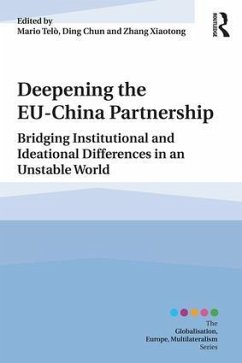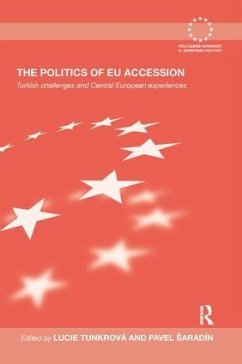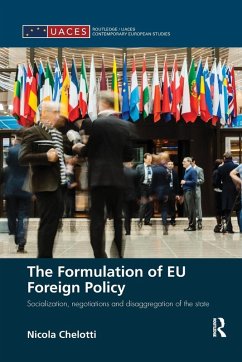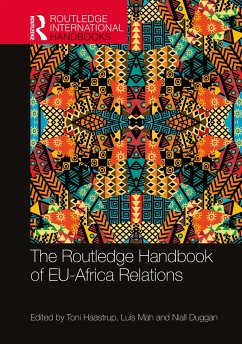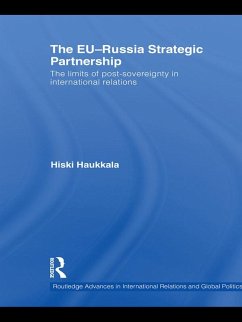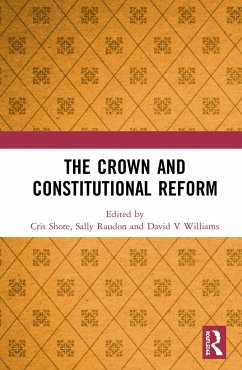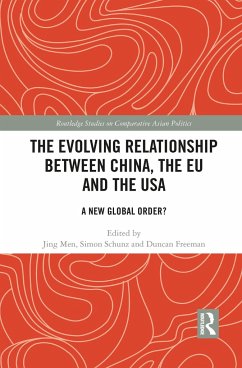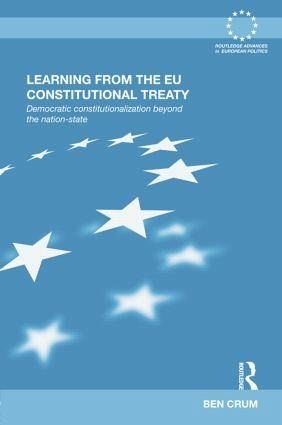
Learning from the EU Constitutional Treaty
Democratic Constitutionalization beyond the Nation-State
Versandkostenfrei!
Versandfertig in 1-2 Wochen
59,99 €
inkl. MwSt.
Weitere Ausgaben:

PAYBACK Punkte
30 °P sammeln!
The negative results of referenda on the European Union (EU) Constitutional Treaty in France and the Netherlands, and subsequent low-key adoption of the Treaty of Lisbon raise complex questions about the possible democratization of international organisations. This book provides a full analysis of the EU Constitutional Treaty process, grounded in broader political theoretical debates about democratic constitutionalisation and globalization. As international organizations become permanent systems of governance that directly interfere in individuals' lives, it is not enough to have them legitima...
The negative results of referenda on the European Union (EU) Constitutional Treaty in France and the Netherlands, and subsequent low-key adoption of the Treaty of Lisbon raise complex questions about the possible democratization of international organisations. This book provides a full analysis of the EU Constitutional Treaty process, grounded in broader political theoretical debates about democratic constitutionalisation and globalization. As international organizations become permanent systems of governance that directly interfere in individuals' lives, it is not enough to have them legitimated by the consent of governments alone. This book presents an evaluation of the present EU Treaty of Lisbon in comparison with the original EU Constitutional Treaty, and analyses the importance of consent of the people, asking if saving the treaty came at the cost of democracy. Drawing first-hand on the European Convention and the referendum in the Netherlands, this book outlines an original political theory of democratic constitutionalisation beyond the nation-state, and argues that international organizations can be put on democratic foundations, but only by properly engaging national political structures. Learning from the EU Constitutional Treaty will be of interest to students and scholars of European Union politics, history and policy.






